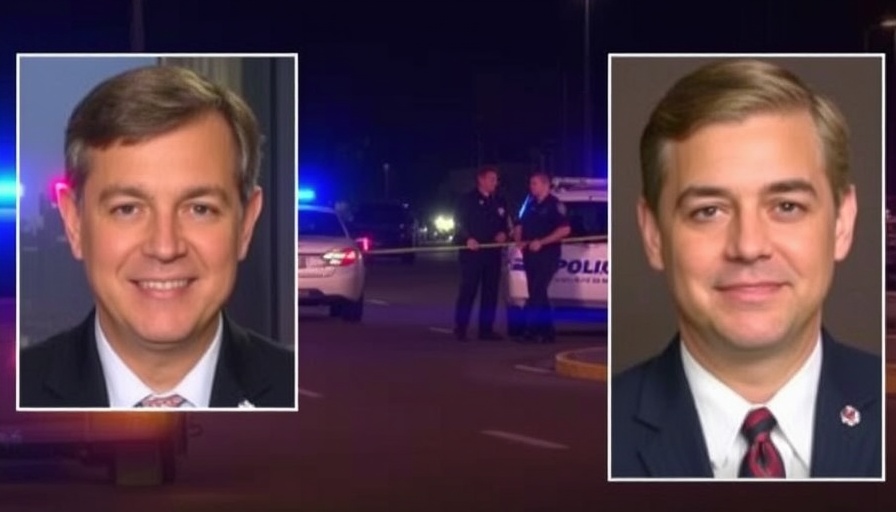
The Tragic Shooting of US State Lawmakers: A Wake-Up Call for Political Accountability
The recent shooting of US state lawmakers has sparked outrage and raised critical questions about the escalating violence in political discourse. One lawmaker tragically lost their life, while others were injured, stirring a national conversation about security and the safety of public officials. This violent act, described as politically motivated, draws parallels to global trends of political violence and challenges the very foundation of democratic governance.
Understanding the Motive: A Deep Dive Into Political Violence
The attempt on the lives of these lawmakers is not just an isolated incident; it represents a broader pattern of politically motivated violence that has been steadily increasing in recent years. Extremist groups in various parts of the world have utilized fear and intimidation as tools to achieve their political goals. This trend is increasingly evident in societies where political polarization is rampant, leaving lawmakers and communities vulnerable.
Comparative Perspective: Similar Incidents Across the Globe
Looking beyond the US, political violence has deep roots in various global contexts. Countries grappling with civil unrest or extreme political divides often witness political assassinations or attacks on officials as a means to disrupt governance and create an atmosphere of fear. For instance, in South Africa, the political landscape has seen its own share of instability, particularly with the ANC allowing for corruption within its ranks, contributing to public disillusionment. Such environments can create a fertile ground for violence against politicians, as seen in recent high-profile cases.
Crucial Lessons from Historical Contexts
History elucidates the trajectory that follows political violence—often leading to authoritarianism, weakened public trust in democratic processes, and long-term societal trauma. Consider the assassination of former Pakistani Prime Minister Benazir Bhutto in 2007; it marked a turning point in both governance and civil society, leading to a crackdown on dissent and a chilling effect on political engagement. This tragic history serves as a cautionary tale for nations like the US, where similar threats against democracy are being amplified.
The Impact of Political Violence on Governance and Society
Political violence not only endangers lawmakers but fundamentally undermines the governance structures that uphold democracy. The attack on lawmakers may stifle their ability to perform their duties, potentially diverting attention from vital issues affecting their constituencies—from economic recovery strategies to pressing social justice movements. Moreover, it cultivates an environment of fear that can dissuade capable individuals from pursuing public office, ultimately leading to a less representative and effective government.
Looking Forward: Implementing Effective Safety Measures for Public Officials
In light of this incident, it is imperative for state and federal authorities to re-evaluate safety protocols for lawmakers and public officials to deter future acts of violence. Measures such as enhanced security systems, threat assessment protocols, and public awareness campaigns can foster a safer political climate. As society grapples with the realities of politically motivated violence, it is crucial to foster secure spaces where dialogue and compromise can flourish, rather than fear and aggression.
The Call to Action: Protecting Democracy and Ensuring Safety
This tragic event highlights the need for immediate action from lawmakers, law enforcement, and community members to bolster the safety of public discourse and political participation. Citizens are encouraged to engage in local dialogues about increasing accountability and protecting the integrity of democratic processes. Individuals must also remain vigilant in upholding civic duties, ensuring that political engagement remains a safe and inclusive endeavor for all.
 Add Row
Add Row  Add
Add 




Write A Comment